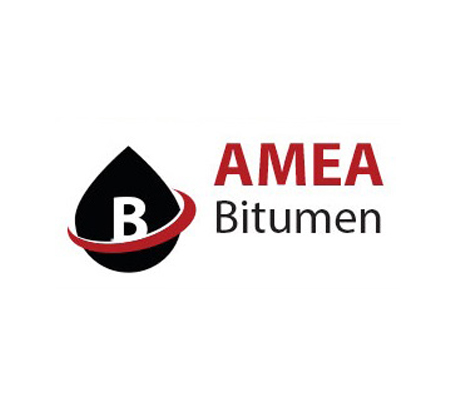There are several questions about gilsonite that are interesting in their own right. One of the most important questions is: Is gilsonite an asphalt? In this article, we try to answer this question in detail. Stay with us.
But, what exactly is gilsonite?
Gilsonite is a naturally occurring, solid, black, lightweight organic substance that forms when petroleum solidifies. Weathered gilsonite has a drab, black appearance similar to coal, whereas newly shattered gilsonite has a glossy surface similar to obsidian.
So, what exactly is Asphaltite?
Asphaltite (also known as uintahite, asphaltum, gilsonite, or Oil Sands) is a soluble solid hydrocarbon that occurs naturally and is a type of asphalt (or bitumen) with a relatively high melting temperature. Its large-scale production takes place in the Utah and Colorado Uintah Basins. Although the substance has traditionally been mined in the Uintah Basin, resources have lately been identified and mined in other nations, including Colombia. Gilsonite is a sparkling mineral that is mined in underground shafts.
Is gilsonite an asphalt?
Gilsonite (Natural bitumen) is a naturally occurring hydrocarbon with a high softening point (over 110° C) that belongs to the asphaltite class. They are mined similarly to other minerals and sold in their natural state. They’ve long been used as asphalt hardeners and reinforcing agents because they’re completely compatible with asphalt. Gilsonite is currently distributed all over the world as a road bitumen modifier in the form of a dry bulk solid granular powder. Asphalt’s value is now clear to everyone all around the world due to its use in road networks, airports, motorways, and other infrastructure.
Is gilsonite used to enhance the quality of asphalt pavement?
gilsonite is utilized as an additive in asphalt production to boost its quality and performance. Incorporating gilsonite into the asphalt mix increases resistance to fatigue, cracking, and wear, while also maintaining flexibility and durability under varying temperature conditions.
Economic
Manufacturing, applying, and maintaining asphalt accounts for a significant amount of municipal budgets in the Civic Engineering and Roads & Transportation divisions. Asphalt maintenance expenses would be lowered proportionally if it could be made to have a two to three times longer effective lifetime. It is also evident that using less expensive modifiers or bitumen for asphalt would be more cost effective.
Environmental
Bitumen in asphalt pollutes the environment, particularly subsurface waterways, because it contains heavy aromatic compounds that can be discharged into the environment in minute amounts after rains.
Different mixes such as PPA, EVA, and SBS are employed as modifiers and fillers in advanced countries to increase the rigidity and longevity of asphalt and to meet the aims listed above. These materials are both costly and hazardous. As a result, one of the goals of asphalt scientists is to develop a modified with reduced manufacturing costs, lower toxicity, and equivalent or better quality. Some forms of asphalt are formed naturally as a result of the evaporation of volatile components in crude oil over many years. Natural asphalt is a type of asphalt that lasts longer than oil asphalts. As a pure element, such asphalt may occur in nature (asphalt of the lake).
Aromatic compounds with chain aliphatic groups and amide groups can be discovered in the structure of Natural Bitumen, such as pyrrole, pyridine, furan, and phenolic foam. AsiaGilsonite Service Company is pleased with its brilliant track record in supporting Gilsonite customers and enthusiasts in buying and selling Gilsonite and hopes to play a key role in facilitating this through innovative services.
answer a number of common questions of gilsonite and asphalt
• What type of rock is gilsonite?
Uintaite, that is a very pure resinous rock
• Is gilsonite a coal?
Gilsonite is classified into subgroups known as coal or bitumen.
• What are 3 types of asphalt?
There are: Hot, MC Cold Mix, and also UPM.






